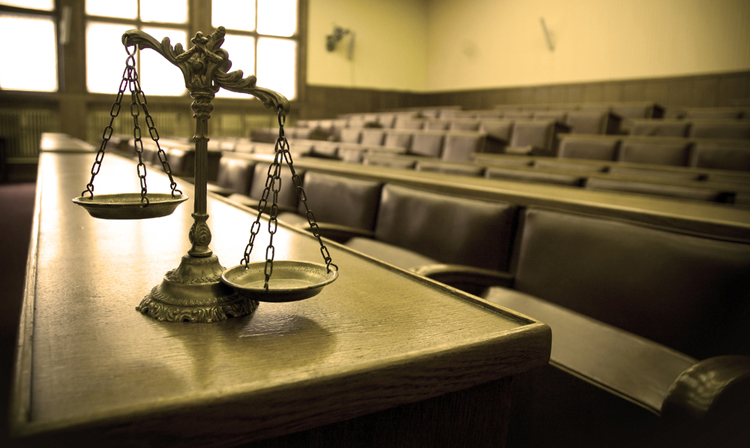Access to Justice

Image from Shutterstock.com.
Minnesota is joining the gradually growing roster of states allowing nonlawyers to handle some legal tasks in hopes of providing greater access to justice.
The Minnesota Supreme Court issued an order Tuesday approving a pilot project that will permit “legal paraprofessionals” to provide legal services in two practice areas with a high percentage of self-represented litigants: landlord-tenant disputes and family law.
The paraprofessionals will be able to provide advice and make court appearances on behalf of tenants in housing disputes in certain jurisdictions. They will also be able to appear in court in some family law matters and handle family law mediations that are “limited to less complex matters.”
Additionally, the legal paraprofessionals are required to enter into an agreement with a licensed Minnesota lawyer who agrees to serve as the paraprofessional’s supervisory attorney.
The state supreme court’s recent order said it was acting on recommendations from the Implementation Committee for Proposed Legal Paraprofessional Pilot Project and it took into account public comments disagreeing with the decision to move forward.
“We appreciate the views and concerns expressed in these comments, but ultimately, we conclude that the point of a pilot project is to test the assumptions that underlie our decision: that the need for civil legal aid, particularly in the areas of family law and landlord-tenants disputes is great, and that legal paraprofessionals can contribute to the legal needs of Minnesota citizens in these areas,” the order states.
The pilot project’s supervised practice rules are effective March 1, 2021, and the pilot will continue until March 31, 2023, unless extended by the court.
“I think it probably will be the case that these paraprofessionals are going to provide very competent and very good advice, but we want to make sure,” says Paul C. Thissen, an associate justice on the Minnesota Supreme Court and co-chair of the implementation committee.
He also says the court wants to see whether the paraprofessionals can help legal aid lawyers serve more clients and assist entrepreneurial attorneys in expanding the reach of their firms through offering lower-cost services. A standing committee will be created to oversee the pilot project.
“I think that we are going to learn a lot about one of the biggest challenges facing court systems across the country, which is this access gap,” Thissen says.
Minnesota’s paraprofessional order comes just a few weeks after the Arizona Supreme Court announced approval of rule changes effective Jan. 1, 2021, that will allow legal paraprofessionals to operate in the state. The paraprofessionals will be able to practice in administrative law, family law, debt collection and landlord-tenant disputes, with limited jurisdiction in civil and criminal matters.
Also in Arizona, the University of Arizona James E. Rogers College of Law has begun a pilot project licensing a small group of nonlawyers to give limited legal advice on civil matters that stem from domestic violence.
In recent years, Utah launched its own Licensed Paralegal Practitioner Program permitting nonlawyer licensees to undertake limited legal tasks in three practice areas: family law, debt collection and landlord/tenant.
Meanwhile, the Washington Supreme Court voted earlier this year to sunset its pioneering Limited Licensed Legal Technician initiative amid concerns about its administrative costs and the number of interested individuals. Previously licensed technicians and those in the pipeline who become licensed under a court-determined deadline can continue practicing in family law.
Updated Oct. 1 at 10:04 a.m. to add quotes from Thissen.